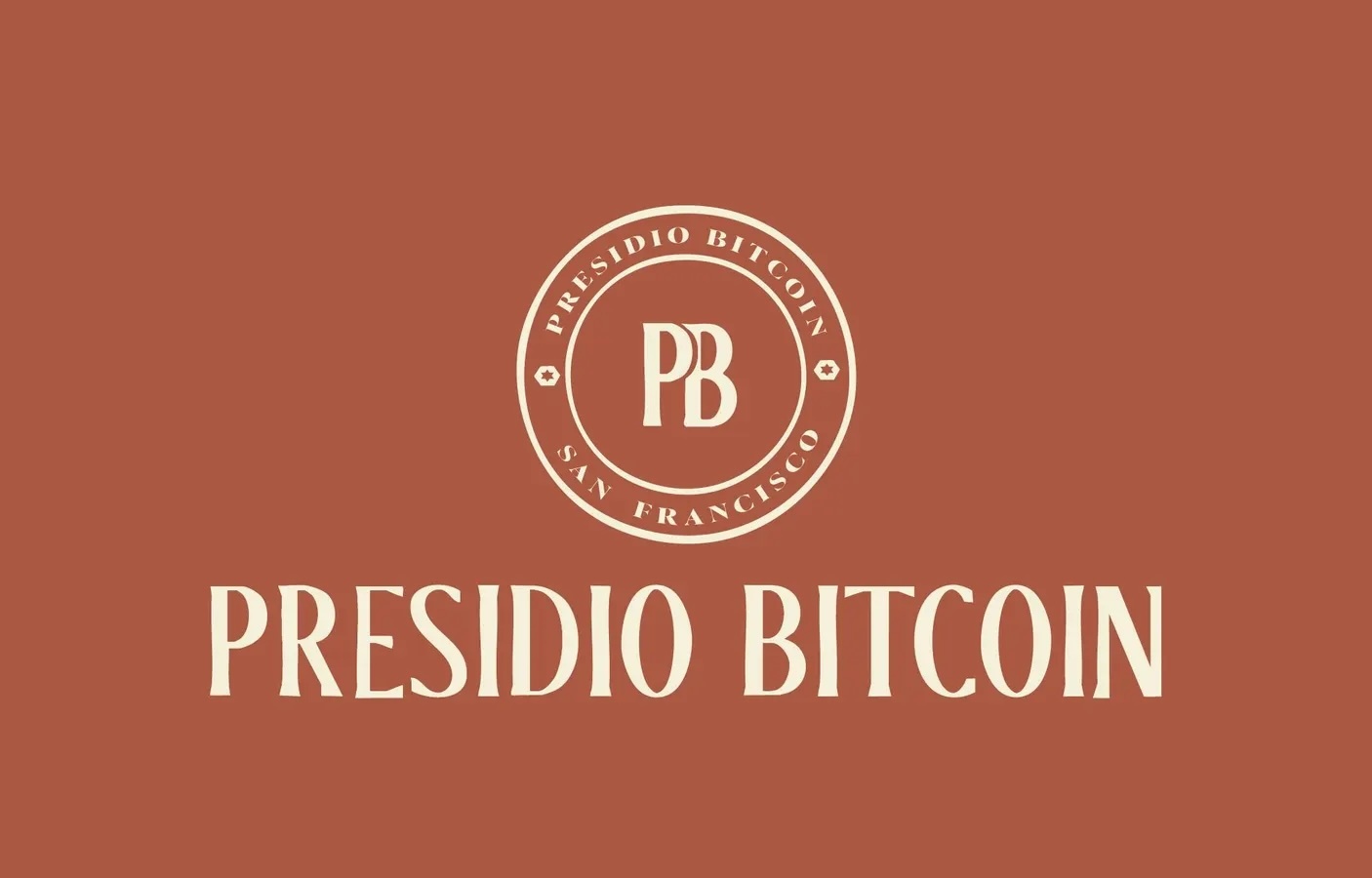Good morning, readers!
The Hungarian government has enacted one of the most repressive digital asset laws in Europe. As of July 1, trading Bitcoin on an unauthorized platform could land individuals in prison for up to five years. Running an unlicensed exchange? That’s up to eight. With no clear framework to comply with, the law criminalizes basic financial activity without offering legal alternatives. It remains unknown how this will affect an estimated half million Hungarians who have legally bought digital assets.
Meanwhile, in El Salvador, a quiet line in an IMF progress report has cast doubt on President Nayib Bukele’s much-publicized “Buying one Bitcoin a day” policy. The report alleges that the government’s strategic reserve fund is consolidating Bitcoin from existing wallets, not necessarily buying new coins. A letter signed by top Salvadoran financial officials also confirmed this. This follows El Salvador’s $1.4 billion agreement with the IMF, further widening the gap between Bitcoin rhetoric and policy reality, while transparency remains elusive on both sides.
On the freedom tech front, Alby has rolled out a major update to its Lightning wallet, Alby Hub. The new release includes support for BOLT 12 offers, which are reusable payment requests that improve the privacy and censorship resistance of Bitcoin payments for dissidents. Additionally, we cover the native integration of Bitcoin ecash into the newly launched Bitchat app built by Twitter and Block founder Jack Dorsey. This is a glimpse at an emerging freedom tech stack: decentralized, encrypted, and offline messaging meets private, permissionless, bearer-style money.
Finally, don’t miss HRF’s Alex Gladstein in a new interview with Bitcoin Magazine, where he unpacks why Bitcoin is a vital tool for defunding dictators. It’s a powerful conversation at the intersection of money, technology, and human rights.
Now, let’s get to it.
Global News
Hungary | Enacts Repressive Digital Asset Law
Hungary, under Prime Minister Viktor Orbán’s increasingly authoritarian rule, passed one of the strictest digital asset legislations in Europe. Starting July 1, individuals trading digital assets on unauthorized platforms could face prison sentences of up to five years. And “providing unauthorized crypto asset exchange services” could land you up to eight years. “The legislation’s broad language and lack of implementation guidelines have created a legal gray area where previously legal activities could now result in criminal prosecution,” Forbes reports. Digital asset exchange Revolut has already halted services for its 2 million Hungarian users, “temporarily” freezing accounts with no timeline for restoring services. The legislation is problematic because it criminalizes basic financial activities, such as buying and selling Bitcoin, while not providing a legal or compliant way to do so. It limits individuals from storing value outside traditional banking. It also eliminates an option for people who might use Bitcoin to protect their savings, support dissenting causes, or escape financial surveillance.
El Salvador | New Insights Reveal Bitcoin Deception
A new detail buried in an IMF progress report casts doubt on El Salvador’s claim that it is “buying one Bitcoin a day.” According to the IMF, “increases in Bitcoin holdings in the Strategic Reserve Fund reflect the consolidation of Bitcoin across various government-owned wallets.” This suggests that President Nayib Bukele’s progressively authoritarian government may be reshuffling existing Bitcoin holdings from undisclosed wallets rather than accumulating new Bitcoin. A letter signed by two of El Salvador’s top finance officials also confirmed the state has not bought Bitcoin since February 2025. The revelation comes after El Salvador secured a $1.4 billion IMF loan, which required the government to scale back key parts of its Bitcoin policy, including ending tax payments in Bitcoin, phasing out the Chivo wallet, and making private sector acceptance voluntary. While Bukele continues to tout Bitcoin as part of El Salvador’s identity, the disconnect between official actions and public messaging calls into question transparency and credibility.
Gaza | Monetary System Collapse
Banks in Gaza have collapsed. ATMs don’t work. Inflation has surged to 240%. Nearly every branch has been destroyed or shut down. In their place, unofficial cash brokers, under the control of Hamas, now govern access to money. This is because most Palestinians who still have jobs (despite more than 80% unemployment) are paid through direct deposit into bank accounts. To buy food, water, or medicine, Palestinians need cash and pay up to 40% in conversion fees just to obtain it. “If I need $60 cash, I need to transfer $100 [to the cash broker],” Mohammed Basheer al-Farra, a displaced father in southern Gaza said. “We lose nearly half of our money just to be able to spend it.” Even if citizens can get their hands on paper cash, the shekels left circulating are filthy and torn. Merchants are rejecting worn bills, and Israel no longer supplies new ones. Caught between authoritarian rule and Israeli airstrikes, the financial freedom of Gazans is slipping away.
Belarus | Proposes CBDC-Linked System for BRICS
At the 17th BRICS Summit in Rio, Belarus proposed a cross-border payment system based on central bank digital currencies (CBDCs), aiming to reduce the union’s dependence on Western financial networks. BRICS is an intergovernmental economic organization led by the Chinese and Russian regimes. “In order to improve the financial infrastructure of the BRICS member countries, Belarus proposes to consider the possibility of integrating central bank digital currency platforms as they become legally and technically ready for integration,” said Maxim Ryzhenkov, Minister of Foreign Affairs of the Republic of Belarus. This proposal is dangerous for human rights and financial freedom because it would deepen financial surveillance and censorship across authoritarian-leaning regimes. By promoting CBDC-based systems (a financial tool that gives central banks granular control over users’ transactions), BRICS likely seeks to build a cross-border financial network that eliminates privacy, allows for programmable restrictions, and can be weaponized against dissidents, journalists, or civil society groups.
Cameroon | The World’s Oldest Dictator Seeks Another Term
Cameroon President Paul Biya, who is 92 years old, announced plans to run for an eighth presidential term, which would extend his 43-year authoritarian rule. Over the years, the country has experienced deteriorating human rights conditions, including laws to silence dissent, suppression of political opposition, and mass displacement caused by civil conflict in Anglophone regions. This political grip intersects with deeper economic problems. Nearly 38% of Cameroonians live below the poverty line, and the country continues to use the CFA franc, a colonial-era currency enforced by the regime. Biya’s government continues to exert financial repression over the population, freezing the bank accounts of the opposition, and would be expected to double down on this tactic if he steals more years in power.
Recommended Content
Alex Gladstein — Bitcoin’s Killer App: Defunding Dictators
In this interview with Bitcoin Magazine, HRF Chief Strategy Officer Alex Gladstein explains how Bitcoin helps defund dictators by giving people in authoritarian regimes a way to move money, save privately, and resist, all outside of the monetary systems tyrants control. He explains why policies in America matter for people living in dictatorships, how open-source tools like ecash and Lightning empower dissidents, and why targeting open-source developers threatens civil liberties worldwide. Watch it here.
Bitcoin and Freedom Tech News
Bitchat | Native Ecash Integration via Cashu
Cashu creator Calle has integrated a native ecash wallet into Bitchat, the new Bluetooth-based messaging app launched by Twitter and Block founder Jack Dorsey. Bitchat allows users to send encrypted messages over Bluetooth mesh networks without an Internet connection. Now, combined with Cashu’s Chaumian ecash, it becomes a tool for very private, offline bitcoin payments. In scenarios like Internet blackouts or authoritarian crackdowns, Bitchat users can exchange bitcoin and fund pro-democracy movements without cell service. One party must be online to finalize the transaction with a mint (entities that issue and redeem ecash tokens), but Bitchat extends the range of what’s possible. This is a glimpse at an emerging freedom tech stack: encrypted, offline messaging meets private, bearer-style money.
Alby Hub | Implements BOLT 12 Support
Alby released a new version of its self-custodial Lightning wallet with several new features to enhance usability and privacy. Most notably, it now supports BOLT 12, enabling users to receive funds through static, reusable payment requests known as offers. Alby users can generate BOLT 12 offers directly from their Hub and instantly create a shareable payment link. BOLT 12 offers increased privacy and better censorship resistance for Lightning transactions, an extremely helpful upgrade for users facing financial repression. The release also includes integrated swaps via Boltz, allowing users to swap from Lightning to on-chain and vice versa in a non-custodial way. Alby continues to make self-custodial Lightning usage more intuitive and accessible for activists and nonprofits.
Mempool | Reduces Minimum Transaction Fee Rate
Mempool.space recently lowered its minimum fee rate from 1 sat/vB to 0.1 sat/vB, reflecting a sustained drop in blockspace demand as of late. And while the fee market, not the mempool, ultimately determines what the next block fees are, many wallets rely on the mempool Application Programming Interface (API) to estimate recommended fees for their wallet. Thus, lowering this threshold should allow more users to send cheaper bitcoin transactions, a big help to nonprofits. But to benefit from this lower fee rate, existing Bitcoin wallets and software using the mempool API must update their settings for users to take advantage of it. Blue Wallet already confirmed it will adopt the new default in its next release. And Braiins mining pool also confirmed its implementation. For everyday users, a lower minimum fee rate means cheaper, more accessible Bitcoin transactions, making Bitcoin more viable as a tool for escaping financial controls, sending support across borders, and achieving financial freedom under tyranny.
Electrum | New Release Adds Nostr Submarine Swaps, NWC, and Anchor Channels
Electrum, a Bitcoin wallet, released version 4.6.0, introducing three major upgrades that enhance the wallet’s capabilities for users who value financial freedom. First, it now supports anchor channels for Lightning, providing users more flexibility and better fee control when managing payments. Second, Electrum added submarine swaps over nostr, enabling users to swap between on-chain and Lightning in a decentralized way. This makes it easier to move funds permissionlessly. Electrum now has six submarine swap providers for their wallet, all using nostr to advertise liquidity and fees. Finally, Electrum now supports third-party plugins, including Nostr Wallet Connect (NWC), which allows users to remotely control their Electrum Lightning wallet via nostr. These tools reduce technical barriers for activists and users in high-risk environments, making it simpler to hold, interact with, and spend Bitcoin securely without depending on centralized infrastructure.
Fedimint Web Wallet | Collaborates with Bitcoin Design to Improve UI/UX
The Fedimint Web Wallet project, developed by Harsh Dev Pathak during his Summer of Bitcoin internship, is collaborating with the Bitcoin Design Community to improve its user interface and user experience. The wallet is designed to help onboard new users to Fedimint, a federated ecash protocol that enables communities to custody and transact Bitcoin privately. Collaboration between designers and developers is important, as many Bitcoin tools remain difficult to use for non-technical users; thus, improving design is key to expanding access. This effort helps move privacy-preserving Bitcoin technology like Fedimint closer to real-world usability for regions and users that need it most.
Shielded CSV | A New Approach to Private Bitcoin Payments
Shielded CSV is an experimental privacy protocol built on Bitcoin that enables users to send and receive payments without revealing their identity, transaction amount, or network activity. It uses zero-knowledge proofs and client-side validation, meaning users only verify the history of their own coins, not the entire Bitcoin network. Only a small piece of data, called a nullifier, is posted to Bitcoin to prevent double-spending (where the same coins are spent more than once). This design keeps the blockchain lightweight while offering strong privacy with the tradeoff of being more custodial. For activists and dissidents, Shielded CSV could provide a way to move money securely and privately. However, the protocol is still in development, with no live deployment yet. Early research and prototyping are ongoing. While it can operate without changes to Bitcoin, wider adoption will likely require new infrastructure, such as trust-minimized bridges, publisher networks, and user-friendly wallets. Learn more about it here.
Recommended Content
Presidio Bitcoin — Quantum Bitcoin Summit Livestream
Presidio Bitcoin has released the full livestream of the Quantum Bitcoin Summit, an under-discussed deep dive into how quantum computing could impact Bitcoin’s future. Over two days, leading researchers and developers explored post-quantum cryptography, debated the likelihood of a quantum threat, and discussed what (if anything) Bitcoin should do to prepare. If you care about Bitcoin’s long-term security, this is essential viewing. Watch Day 1 and Day 2 here.








